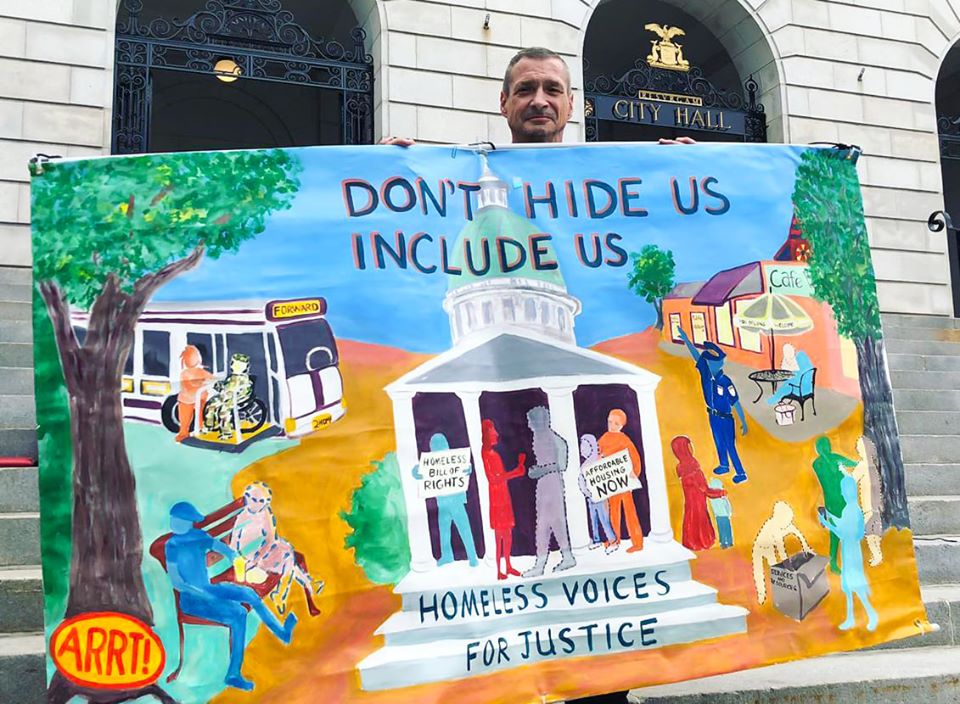Today, the Biden-Harris administration released a federal plan for ending homelessness in America that includes an ambitious goal of reducing homelessness 25% by 2025. All In: The Federal Strategic Plan to Prevent and End Homelessness outlines new strategies to prevent homelessness and increase the supply of housing with supportive services.
“We have a homelessness crisis in Maine and the available shelters and housing simply cannot meet the need, leaving far too many people living outside. Preble Street is pleased to see that the Biden-Harris Administration has set out a plan that focuses on scalable initiatives to end homelessness,” says Mark Swann, Executive Director, Preble Street. “We are hopeful that this will drive new momentum to expand site-based “Housing First” programs here in Maine, reduce structural inequality and discrimination, provide additional supports for people managing substance use disorders and behavioral health issues, create more access to shelter beds and transitional and permanent housing, and find solutions for Maine’s growing unsheltered population.”
“As a number of the initiatives put in place during the pandemic to help people experiencing homelessness are closing or running out of funding, we are hopeful that this focus at the Federal level will lead to more coordinated services and people getting much-needed help more quickly,” added Swann. “With winter here, Preble Street is focused on meeting the increasing food needs and finding more people – individuals, families, youth, and Veterans – safe and permanent housing, including opportunities to expand site-based Housing First programs in Maine.”
“Housing First” is the philosophy at the center of Preble Street’s housing work: housing must be the first step in addressing homelessness. Preble Street has three Housing First programs in Portland, Logan Place, Huston Commons, and Florence House. At each of these sites, Avesta Housing developed, owns, and manages the building and Preble Street provides on-site staffing, including 24-hour per day, 365 days a year, social work services for tenants. This social work is often in the form of intense casework and connections to critical community resources. Emergency shelters staffed by professional social workers are often a key part of the transition from life on the streets to permanent housing, ensuring that people have a safe, supportive place to stay until housing can be obtained.

